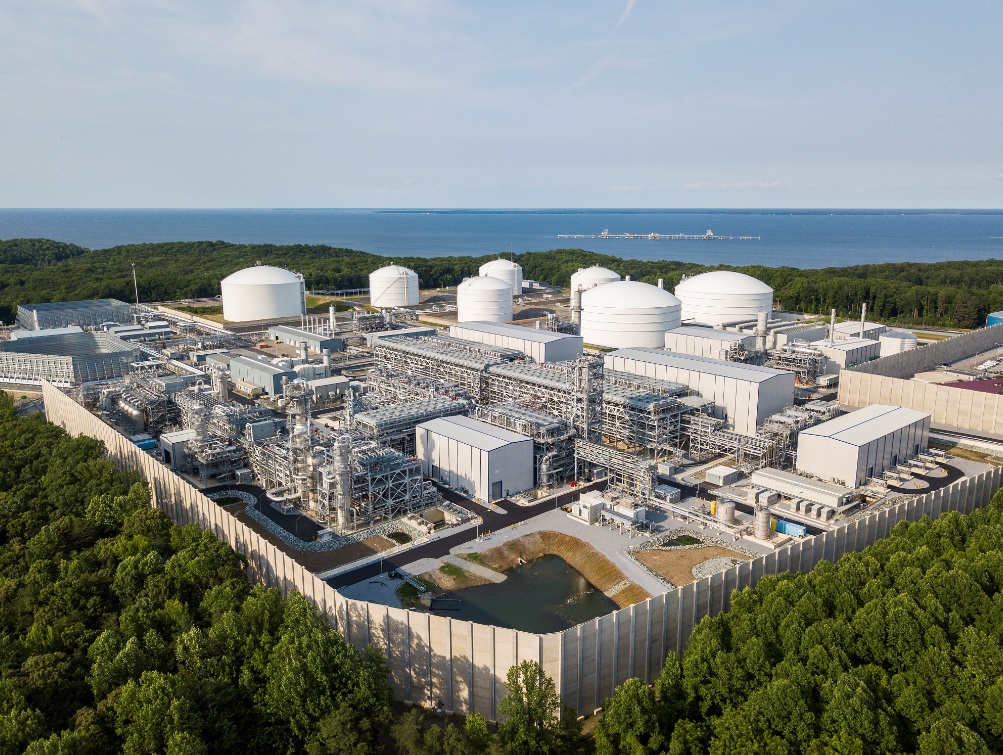US liquefied natural gas (LNG) exports declined in the week ending June 14, while the Henry Hub spot price fell as well when compared to the week before, according to the Energy Information Administration.
The EIA said in its weekly natural gas report that 21 LNG carriers departed the US plants between June 8 and June 14, one vessel less when compared to the week before.
The agency said that the total capacity of these LNG vessels is 79 Bcf.
Moreover, natural gas deliveries to US LNG export terminals decreased by 5.4 percent (0.6 Bcf/d) week over week to average 11.3 Bcf/d this report week, according to data from S&P Global Commodity Insights.
Natural gas deliveries to terminals in South Texas fell by 3.4 percent (0.1 Bcf/d) to 4.1 Bcf/d, while deliveries to terminals in South Louisiana decreased by 8.1 percent (0.5 Bcf/d) to 6 Bcf/d, largely due to decreased flows to the Sabine Pass terminal, the agency said.
Natural gas deliveries to terminals outside the Gulf Coast were relatively unchanged at 1.2 Bcf/d, it said.
Cheniere’s Sabine Pass plant shipped five cargoes and its Corpus Christi facility sent four shipments during the week under review.
Sempra’s Cameron LNG terminal shipped four cargoes, while Venture Global LNG’s Calcasieu Pass and the Freeport LNG terminal each dispatched three cargoes, the EIA said, citing shipping data by Bloomberg Finance.
Also, the Cove Point LNG terminal shipped two LNG cargoes and Elba Island LNG did not send any cargoes during the week under review.
Henry Hub drops to $2.08/MMBtu
This report week, the Henry Hub spot price decreased 3 cents from $2.11 per million British thermal units (MMBtu) last Wednesday to $2.08/MMBtu this Wednesday, the agency said.
Moreover, the price of the July 2023 NYMEX contract increased 1.3 cents, from $2.329/MMBtu last Wednesday to $2.342/MMBtu this Wednesday.
The price of the 12-month strip averaging July 2023 through June 2024 futures contracts declined 1.6 cents to $3.023/MMBtu, it said.
TTF up to $10.40/MMBtu
The agency said that international natural gas futures increased this report week.
Bloomberg Finance reported that weekly average front-month futures prices for LNG cargoes in East Asia increased 3 cents to a weekly average of $9.29/MMBtu.
Natural gas futures for delivery at the Dutch TTF rose $2.45 to a weekly average of $10.40/MMBtu.
In the same week last year (week ending June 15, 2022), the prices were $23.19/MMBtu in East Asia and $28.76/MMBtu at TTF, the agency said.

